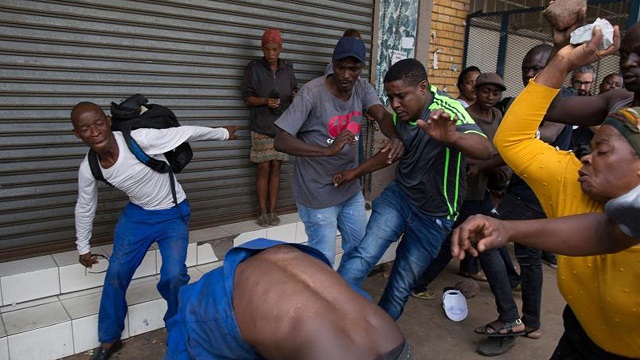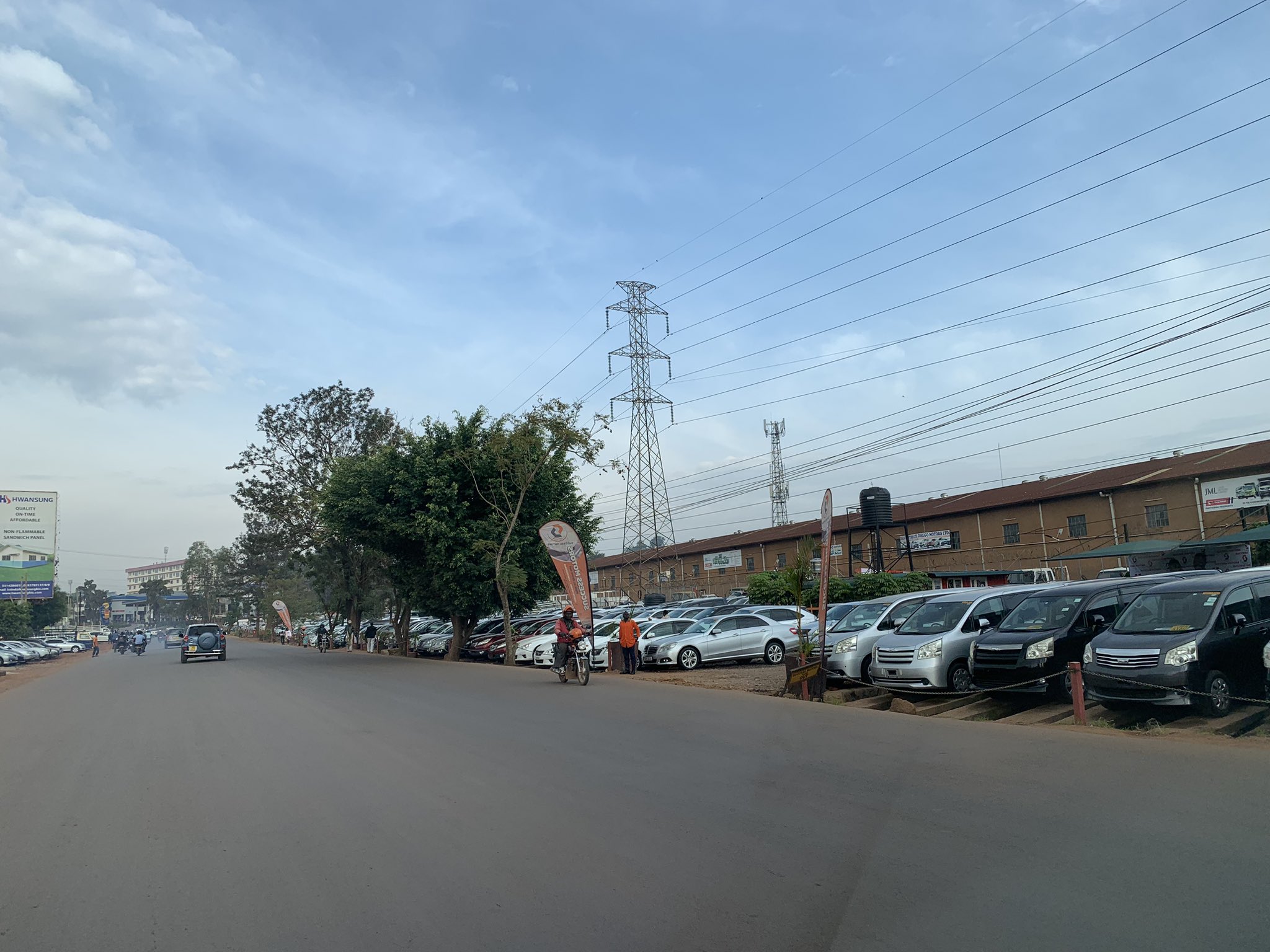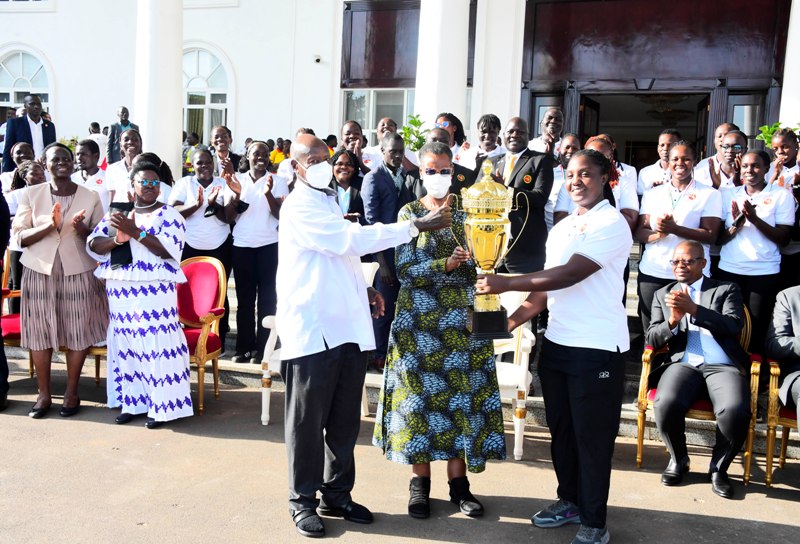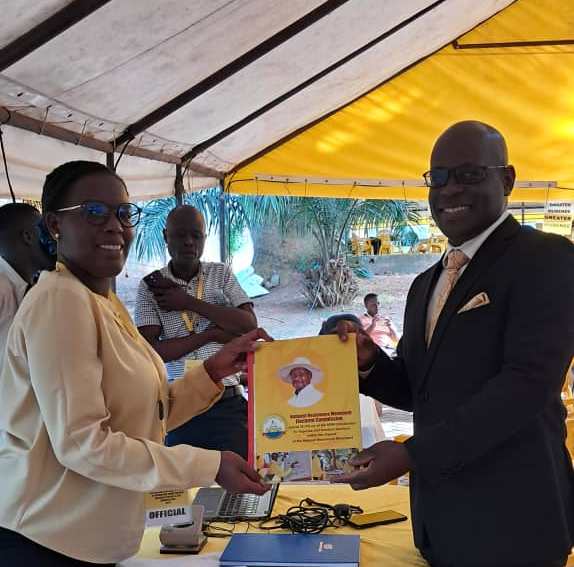VIGILANTE CULTURE: How mob rule replaces the rule of law in Uganda
In recent months, several harrowing incidents have brought mob justice to the forefront of national consciousness.

As dawn breaks over Uganda, a dark shadow looms over the nation, a growing trend of mob justice that’s shaking the foundations of society. With communities taking the law into their own hands, the repercussions are dire and widespread.
In recent months, several harrowing incidents have brought mob justice to the forefront of national consciousness. Innocent lives have been lost, and families torn apart in the name of vigilante action.
One such incident involved a young man in Kampala wrongly accused of theft, who was brutally beaten by an angry mob before the truth could surface.
The surge in mob justice stems from a combination of frustration and desperation. Many Ugandans feel disillusioned with the formal justice system, citing delays, corruption, and inefficiency.
With crime rates on the rise, communities are increasingly opting for swift, albeit brutal, solutions.
“We’re tired of waiting for justice that never comes. When someone is caught red-handed, people believe taking immediate action is the only way to ensure safety.” said James Kayongo, a resident of Nakawa.
Yet, this immediate action often leads to tragic outcomes. Innocent individuals are targeted, and the true perpetrators often escape unscathed.
Social media has played a dual role in this phenomenon. On one hand, it helps spread awareness about crime, but on the other, it can incite mobs.
Viral posts accusing individuals of wrongdoing can quickly spiral out of control, leading to frenzied, violent reactions.
Government and Law Enforcement Response
The Ugandan government and law enforcement agencies are increasingly concerned about the rise in mob justice.
Initiatives are being launched to restore faith in the legal system and curb this dangerous trend. Former Police spokesperson, Fred Enanga, last month emphasized, “We are intensifying our efforts to ensure that justice is served swiftly and fairly, and we urge the public to report crimes instead of resorting to violence.”
Community leaders and activists are advocating for better education on the dangers of mob justice and the importance of due process.
Efforts are being made to improve the efficiency and transparency of the legal system to rebuild public trust. Collaborative programs between the police and local communities aim to foster cooperation and understanding.
Amidst the grim reality, there are glimmers of hope. Initiatives like the “Peace and Justice” campaign are working tirelessly to educate communities about the importance of legal procedures and the devastating consequences of mob violence.
These programs highlight stories of individuals who chose the path of law and saw justice served.
Mob justice is a symptom of deeper societal issues that need urgent attention. As Uganda grapples with this challenge, it’s clear that restoring faith in the justice system and promoting peaceful conflict resolution are critical steps towards a safer, more just society.
The battle against mob justice is far from over, but with concerted efforts, there is hope for a future where every Ugandan can trust in the promise of true justice.






